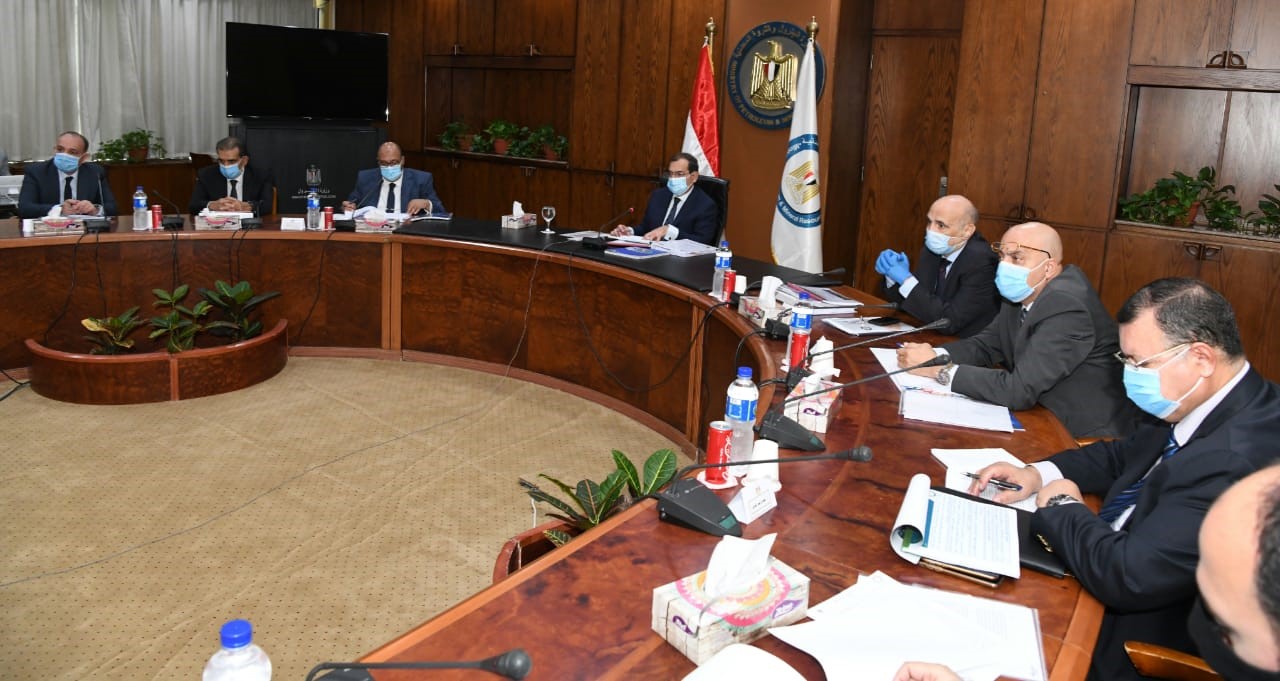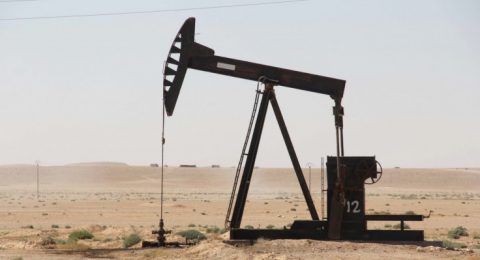Egypt’s natural gas production capacity reached 7.2 billion cubic feet per day (bcf/d) as a result of the efforts to confront the natural decline of wells during the past five years, the CEO of the Egyptian Natural Gas Holding Co. (EGAS), Magdy Galal, stated during the company’s general assembly.
Galal noted that during fiscal year (FY) 2019/20, Egypt drilled 12 exploration wells in the Mediterranean and the Nile Delta, which resulted in seven new discoveries. As for project developments, Egypt completed seven new production projects and four others, reaching a total of 31 wells with an initial production set at 1.6 bcf/d of natural gas, in addition to about 19,000 barrels of condensate per day with an investment of $1.1 billion.
EGAS has signed a total of five agreements in FY 2019/20, in addition to three other agreements in Q1 2020/21 with investments of $934 million and a signature bonus of $51 million; bringing the total of current agreements to 37. The company is also finalizing six other agreements with investments of $731 million and a total of $14 million of signature bonus. Galal credited the Ministry of Petroleum and Mineral Resources in attracting new investments such as ExxonMobil and Chevron to work in exploration and production (E&P) in Egypt for the first time, in addition to raising investments of existing companies such as BP, Shell, and Total.
Egypt completed $1.1 billion worth of projects in FY 2019/20 most notably is the second phase of Zohr field and phase (9B) of the West Delta project, not to mention the second phase of the Camus project in North Sinai; Phase B of the Desouq project; and the South West Baltim Field development project. Adding to the list; the Begonia field development project which was carried out by both Wastani and Dana Gas companies; the Khubri-Qasr pipeline carried out by Apache; the development of South Desouk and Ibn Yunus fields carried out by Sea Dragon, and the East South Abu Naga field development project carried out by Dana Gas.
Galal examined the total domestic consumption of natural gas, noting that it reached about 5.8 bcf/d, where the electricity and industrial sectors consumed 60% and 23%, respectively. A share of 11% of consumption went to the petroleum sector’s project, and 6% for domestic consumption and car fuel.
As for the natural gas delivery project, Egypt connected 1.1 million housing units to the natural gas grid during the year, bringing the total number of connected units in the past seven years (2013-2020) to 5.6 million. This brings the total number of housing units that have been connected since the start of the project until June to 11.2 million units. The chairman also noted that about 42,300 cars have been converted to run on natural gas in FY 2019/20, bringing the total number of converted cars since the start of the project to 318,300 cars. He noted that 19 fuel stations and seven transfer centers have been established.
Egypt has also implemented several pipeline projects to support the national natural gas grid in light of its important role to transport and supply power stations with natural gas. Minister of Petroleum and Mineral Resources, Tarek El Molla, asserted the importance of going forward with the natural gas delivery project to reach across Egypt. He also called for expanding the car conversion project so as to benefit from Egypt’s abundant resources and rationalizing imports of liquefied natural gas (LNG).












